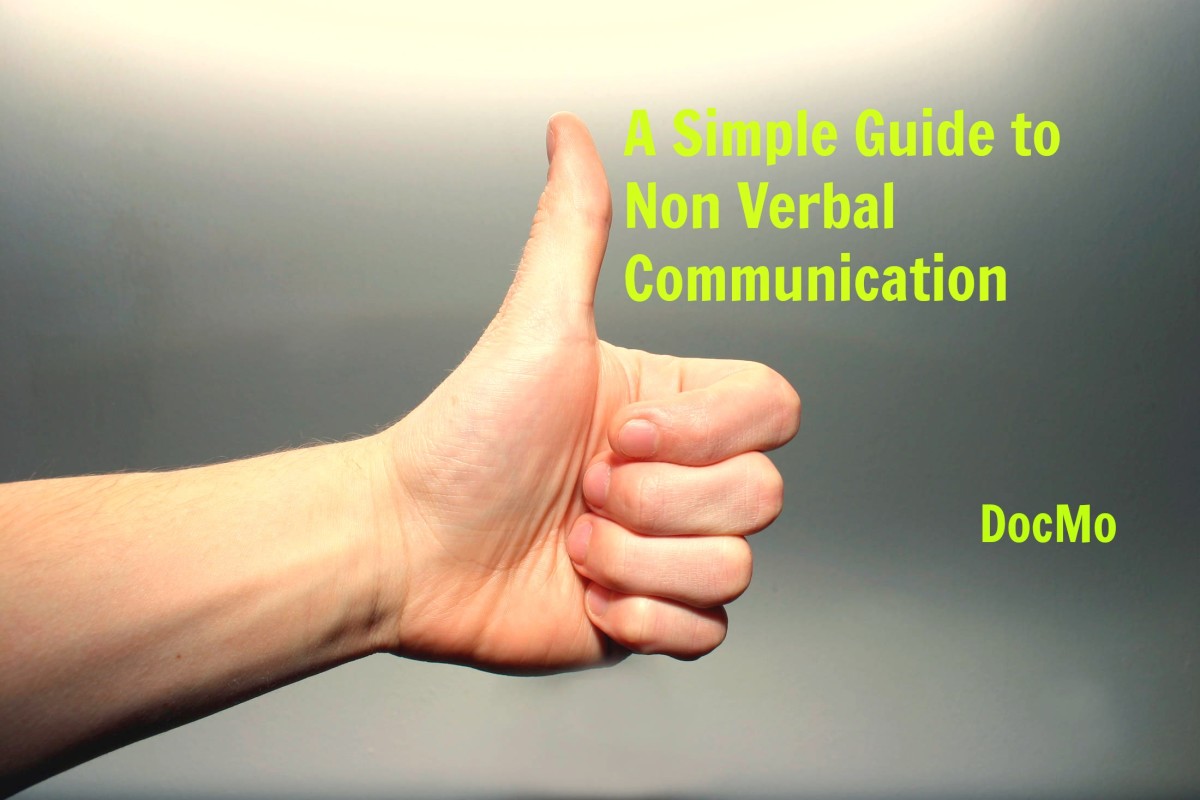Assertiveness - Developing Assertiveness Skills
What is assertiveness or assertiveness skills?
Assertiveness is an expression of an individual’s clarity of thought and self-confidence, self-esteem or self-worth. Assertiveness skills enable the communication of one’s likes and dislikes or makes a person’s stand in a particular issue clear. Assertiveness skills are a basic need for any individual to ensure that his/her rights are not impinged upon, since they enable the person to state in unequivocal terms how he/she feels. An assertive person communicates in a very positive manner. This is very different from aggression. Aggressive communication, which often involves overriding the wishes of others, is demanding in nature and does not take into consideration the views, wishes or rights of one’s surroundings.

How to be more assertive?
Assertiveness skills can take us a long way in our relationships with the people around us, especially those with whom we work or have to deal to with on a daily basis. People who need assertiveness training are those who take up all the work on themselves whether it is theirs or not. They are generally treated like doormats and their rights are often ignored by others. They are left feeling that they are never respected or regarded as worthwhile by others.
You could browse for other material through this link
Assertiveness techniques
Communications skills
Make your messages clear Your verbal communication should be very clear and should always reveal how you feel about certain things. There should be no ambiguity in the way you express yourself, but at the same time, it is important that you do not sound aggressive or like a bully when you communicate with others. You need to communicate your wishes without making the other person feel that they are responsible for your condition. For example, if someone says something that hurts you then you say in unequivocal terms “I am hurt by what you just said”. Instead, if you choose to say, “You are rude” or “You are bad”, it is highly judgemental and a very broad statement which put the other person on the defensive.
Back up your communication with appropriate body language.
It is very important to look the part. When you say No, you need to look confident, decisive and clear about what you are saying that the person gets the message clearly. Not only are you communicating verbally, but you are also reinforcing your verbal communication with your body language. Looking the person in the eye, holding yourself up straight could convey your message more forcefully. Your body language will reinforce your assertiveness to the person you are communicating with.
Assert your opinion. Sometimes, you do not have to justify or give reasons for why you think so. You may very clearly say, “I think so” or “I feel so” without having to add you reasons. You do not have to be intimated by others.
Become more assertive
Make your own choices. Think clearly, be decisive, make your own choices and don’t let others decide things for you. You can start with small things like ordering from a menu in a restaurant without allowing someone to choose what you eat. This way you will learn to employ assertiveness skills in your daily interactions.
Be positive about yourself. It is perfectly alright to say positive things about yourself. Some people fear that doing so might make them seem very pompous or like trumpeting their own achievements. When you can say positive things about others, there is no reason why you cannot say positive things about yourself. In fact, it is very important to do this, because it shows your level of self confidence.
Be graceful while you accept compliments. A person who is unable to accept compliments is lacking in self-esteem. A compliment is a positive feeling conveyed by another to you. When you squirm and mutter or say something that negates what the person said, you are telling yourself that you are worthless and that people should not be appreciating you. Your behavior may make the person who is paying you the compliment wonder if they have done something wrong.
Communicate assertively
Agree to disagree. You can always give in to someone and tell them, “I respect your opinion, but I am not on the same page as you.” This clearly indicates to the other person that it is the end of discussion and you are clear about your own standing.
It is okay to say ‘No’ You need to know when to say ‘No’ and how to say it. The best time to say No is right away, and it is important to say ‘No’ when you know that it is not your responsibility or within your scope to do certain things or when you are not inclined to do so. You can say in a very simple but clear and polite way, “I am sorry, but I am otherwise occupied.” However, making statements like, “You are making me do your work” can start up an unwanted confrontation.
You can be polite and yet firm.
Very often, people believe that they have to raise their voice or take an aggressive stance to get a point across. The most assertive people have no use for such things. You can plainly communicate in your normal tone of voice, firmly and clearly, leaving no room for further discussion.
It is okay to say “I don’t know.”
You don’t need to know everything, nor are you expected to know every detail. So, when you do not know something, you can say, “I do not know, but I will surely find out.” This will never decrease the respect people have for you, but will in fact increase it because you are willing to accept what you do not know. This will show you to be a realistic person who is willing to learn.

Assertiveness techniques for work life
Getting people to do assigned jobs When you assign someone a task, after leaving clear instructions and telling them what you expect them to do, you could end with, “I’d appreciate if you finish it as soon as possible.” This would clearly reinforce your message.
Give in. This doesn’t sound like the world’s best advice; but at times, you need to give in. Especially if you are handling a customer, you just give in and let them have their say. Make them feel good about themselves; and then, when they are through, you just tell them what is acceptable, what the rules and regulations are like, what can be done and what cannot be done. This not only comes across as being polite, patient and courteous, but is also efficient in handling people.
- Building self confidence - How to overcome the fear of rejection and low self esteem (part 2)
The fear of rejection is one of the most important causes for the eroding of self confidence. Fear of rejection causes people to be immobilized and prevents them from making something out of their lives. ...
Assertiveness way to self confidence
Being assertive is a quality of a person who is self-confident and has great self-worth or self- esteem. It clearly indicates to others that you know what you are talking about and that you know your place, position or standing in the event. It also demonstrates that you have your opinions and judgment and you value them highly. When you project a picture of yourself in this light, no one treats you with disrespect or takes you for granted. It is only when you lack clarity and direction that people make decisions for you and walk all over you.
Being assertive takes a lot of stress off your back. It helps you take on only what you can manage. Assertiveness leaves you with more time on your hands to do other things. Your assertiveness helps gather others around you, as you learn to delegate better and communicate effectively.










